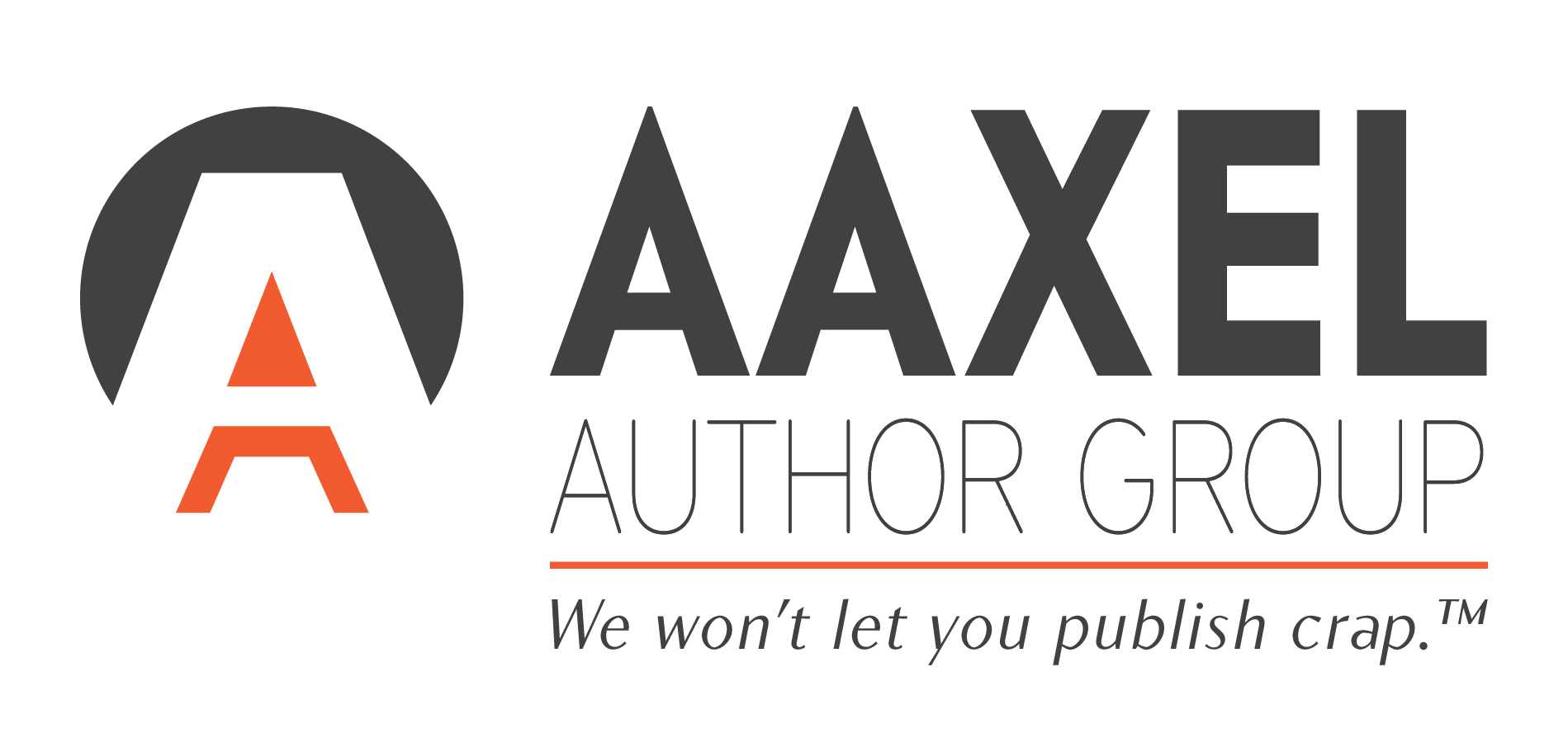Book Marketing Plans:
The Key Pieces to Make Your Book Stand Out
As any author will tell you, publishing your book is just one piece of the overall “author puzzle”. Indeed, with all the books being churned out every day, making sure yours stands out is an absolute must. And if you are madly Googling terms like “book marketing”, the task of finding a readership can suddenly seem an impossible one.
While there are plenty of marketing tools available and no shortage of marketing gurus telling you which ones to use, it’s important to start your book marketing on a saner, more doable note.
Let’s have a look at what we feel to be the absolute musts in any book marketing strategy:
A Website
Yes, social media is here to stay, but so are websites. As effective as social media can be, the platforms are ultimately owned by other parties and their algorithms can change from day to day. Your own website, on the other hand, is yours alone. You have complete control over it. How elaborate your site should be will greatly hinge on your book and its readership, and your general long-term author goals. If you want a virtual storefront where people can find out more about your book, a simple, one-page website is probably enough.
If you have bigger ambitions for your website and wish to find additional ways to communicate with readers, you will need a more developed website that can accommodate those additional communication tools, whether they be a blog, a press room or learning resources.
Author Photos
Unless you have a strict no-photo preference, we recommend you invest in some professional photos of yourself. You will be able to use these in different ways, and not just for your author bio on the back cover or at the back of your book. If you are going to develop any marketing assets for your own marketing platforms or even flyers for bookstores, you will want to include a nice photo of yourself. For more information on author photos, we wrote a whole blog post here.
A Sell Sheet
Having a one-page digital document that describes your book is invaluable. A sell sheet is typically aimed at book retailers, and will include, along with the obvious elements like a synopsis, author bio and contact information, the metadata related to your book and how the book can be ordered. If you plan on pitching directly to local (or any) bookstores (and why wouldn’t you pitch your book to at least one store?), we strongly recommend a sell sheet.
An Additional Marketing Asset
It’s always a good idea to have one marketing tool that is general enough to be relevant to a range of people—potential readers, endorsers and even the media. The most obvious option is a book flyer. While the days of printing hundreds of copies are long over, having a professionally designed and eye-catching one-page document you can readily email to whomever you want is never a bad idea.
Beyond the classic flyer, you can always come up with some other marketing assets. Whatever you choose to go with, make sure that it makes sense for your audience. Bookmarks, for example, are an obvious choice for book signings. Postcards can be a wonderful accompaniment to books that you are sending to potential endorsers and reviewers, or if you are attending a conference relevant to your book.
A Yes and No List
While it can be tempting to rush out and undertake all marketing avenues, it is far smarter to do a bit of reflecting and decide what you are—and are not—comfortable with. For example, while some people might tell you to do podcasts, if you are genuinely uncomfortable with the idea, don’t include it in the early stages of your book marketing plan. Or, if everyone is telling you to start a YouTube channel but the idea makes you cringe, don’t force it.
A marketing plan that includes activities you are comfortable undertaking, while perhaps not as developed as the let’s-do-everything plan, will end up being much more effective in the long run. Forcing yourself to do things you are not enjoying will only make you hate book marketing, which is not a state of mind you want to find yourself in.
And speaking of state of mind, if you are, overall, hostile to the idea of book marketing, force yourself to make a shift in your perspective. Marketing is a critical part of being an author. Of course, you are certainly free to opt for the no-marketing approach; just don’t be surprised if your book is not selling.
We hope this post has given you a reassuring starting point amidst the noise and hype surrounding book marketing. If you are interested in delving deeper, the Aaxel Author Group offers a plethora of services. Check out our book marketing packages, or contact us to tell us more about your book and how we can help promote it!
